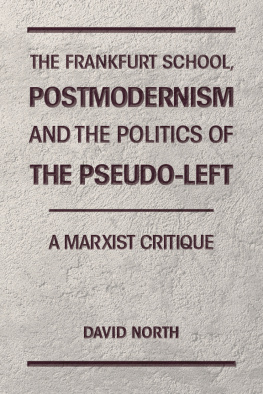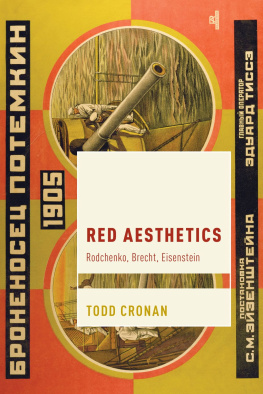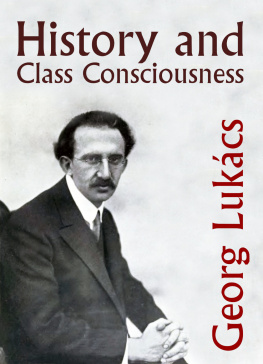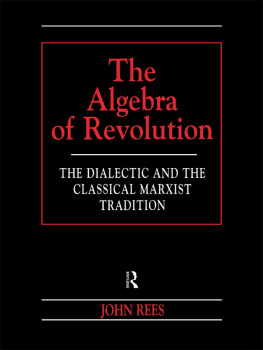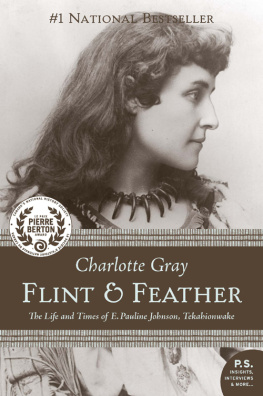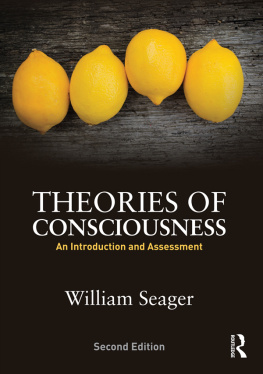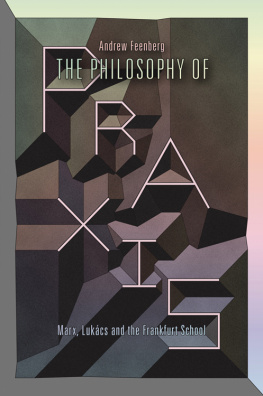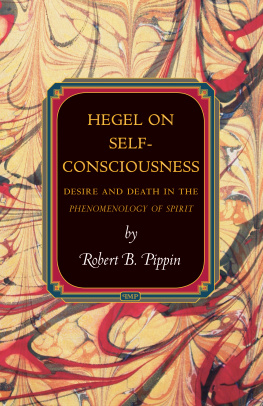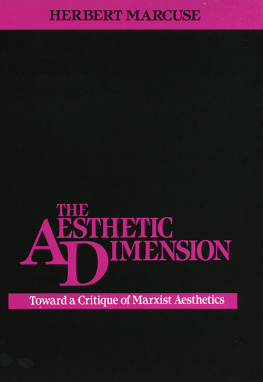First published in 1984
by Routledge & Kegan Paul
This edition first published in 2011 by Routledge
2 Park Square, Milton Park, Abingdon, Oxon, OX14 4RN
Simultaneously published in the USA and Canada
by Routledge
711 Third Avenue, New York, NY 10017
Routledge is an imprint of the Taylor & Francis Group, an informa business
Pauline Johnson 1984
All rights reserved. No part of this book may be reprinted or reproduced or utilised in any form or by any electronic, mechanical, or other means, now known or hereafter invented, including photocopying and recording, or in any information storage or retrieval system, without permission in writing from the publishers.
Publishers Note
The publisher has gone to great lengths to ensure the quality of this reprint but points out that some imperfections in the original copies may be apparent.
Disclaimer
The publisher has made every effort to trace copyright holders and welcomes correspondence from those they have been unable to contact.
A Library of Congress record exists under LC Control Number: 83019102
ISBN 13: 978-0-415-60908-1 (hbk)
ISBN 13: 978-0-203-83270-7 (ebk)
Marxist aesthetics
The foundations within everyday life for an emancipated consciousness
Pauline Johnson
First published in 1984
by Routledge & Kegan Paul plc
39 Store Street, London WC1E 7DD, England
9 Park Street, Boston, Mass. 02108, USA
464 St Kilda Road, Melbourne,
Victoria 3004, Australia, and
Broadway House, Newtown Road,
Henley-on-Thames, Oxon RG9 1EN, England
Set in 10/11 pt IBM Press Roman by
Academic Typesetting, Gerrards Cross, Bucks
and printed in Great Britain by
St Edmundsbury Press, Suffolk
Pauline Johnson 1984
No part of this book may be reproduced in
any form without permission from the publisher,
except for the quotation of brief
passages in criticism
Library of Congress Cataloging in Publication Data
Johnson, Pauline, 1953
Marxist aesthetics.
Bibliography: p.
Includes index.
1. Communist aesthetics. I. Title.
BH41.J63 1984 700. 1 83-19102
British Library CIP available
ISBN 0-7100-9927-4
Introduction
At first sight the field of Marxist theories of aesthetics consists of a disparate collection of theories with very little in common. If we consider these theories solely from the viewpoint of their individual contents they appear quite incommensurable. We are, for example, confronted with the marked contrast between the Lukcsian conception of the emancipatory potential of the great realist tradition and Adornos account of the conceptual accuracy of some avant-garde works. Nevertheless, despite the very real differences between their specific contents, the main stream of Marxist theories of aesthetics do share a common problematic. Marxist theories of aesthetics give an enlightening capacity to art: they all attempt to determine the basis of the emancipatory impact of the work of art. We can, therefore, attempt to assess the relative merits of the individual theories by considering their adequacy with respect to the general problem they formulate.
What internal criterion can we use to assess the adequacy of a specific aesthetic theorys attempt to establish the enlightening effect of the art work? And what significance can be attached to Marxist aesthetics as a tradition which focuses on the problem of the foundations for a change in the consciousness of the individual? These are the particular issues which the following work attempts to address.
The problematic of Marxist theories of aesthetics
The form of the aesthetic problem is, in the first place, characterised by the constitution of a particular relationship between the truth of the art work and the falsity of everyday thinking. The process of enlightenment cannot be explained merely in terms of a cognitive distinction between art and everyday life. The work of art presents not merely an alternative standpoint but specifically acts to effect a change in the recipients consciousness. It seems that, in order to account for the emancipatory impact of the art work, an aesthetic theory is required to establish the basis upon which the recipient is able to recognise that the art work provides a better and a more convincing representation of reality than the perspective he/she has acquired from daily life. In so far as Marxist theories of aesthetics attempt to explain the emancipatory impact of the work of art upon the recipient, they need to specify the practical basis within immediate experience for a changed consciousness. An account of the enlightening potential of the art work must attempt to find the foundations within the recipients everyday consciousness for a new, emancipated way of thinking. It seems, then, that the central theoretical problem addressed by Marxist theories of aesthetics necessitates an attempt to formulate a specifically democratic account of the process of ideological change. A successful aesthetic theory needs to establish that the process of enlightenment does not merely involve the substitution of a correct consciousness, but crucially concerns the appropriateness of the response of the art work to the recipients own dissatisfaction with his/her alienated consciousness.


